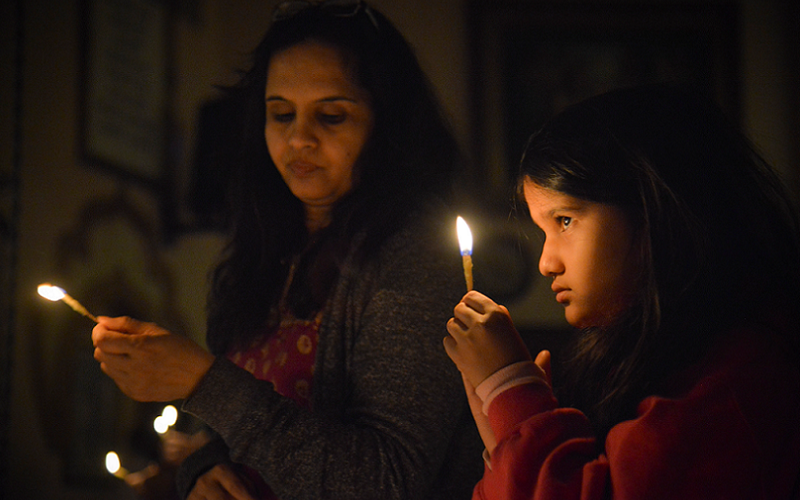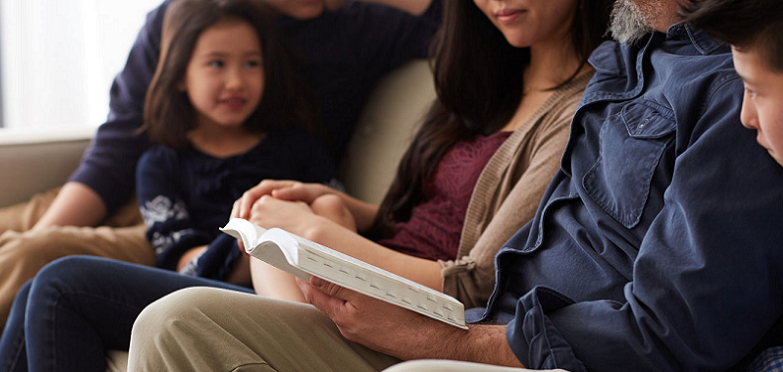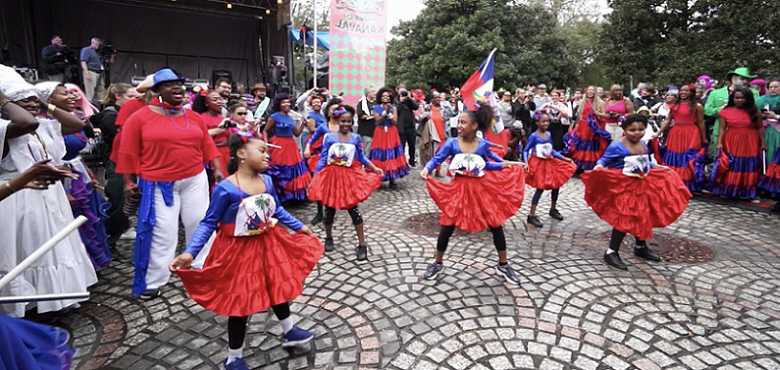
In today’s increasingly diverse and globalized world, it’s more important than ever to introduce children to different spiritual traditions. Exposing kids to diverse beliefs can help foster empathy, encourage open-mindedness, and promote critical thinking skills. In this article, we’ll explore the importance of exposing children to different spiritual traditions, the benefits of introducing them to diverse beliefs, and practical ways to do so.
Introduction to Spiritual Traditions
Introduction to spiritual traditions is the study of the beliefs, practices, and rituals that are central to various religions and spiritual systems. It involves an exploration of the fundamental questions of human existence, such as the meaning of life, the nature of the universe, and the relationship between humanity and the divine.
Spiritual traditions vary widely across cultures and regions, and each has its own unique set of teachings and practices. Some traditions are organized religions with a well-defined structure, while others are more informal and decentralized. These traditions can provide individuals with a sense of community, purpose, and connection to something greater than themselves.
Exploring spiritual traditions can also help individuals develop a deeper understanding of their own beliefs and values, as well as a greater appreciation for the diversity of the human experience.

The Importance of Exposing Children to Different Spiritual Traditions
Exposing children to different spiritual traditions is important for several reasons. First, it can foster tolerance and empathy by teaching children to understand and appreciate different beliefs and cultures. This can help reduce prejudice and discrimination, and promote greater acceptance of diversity.
Second, exposure to different spiritual traditions can encourage open-mindedness by introducing children to new ideas and perspectives. This can help them develop critical thinking skills and a more nuanced understanding of the world around them.
Third, exploring different spiritual traditions can help children discover their own beliefs and values by exposing them to a range of spiritual practices and teachings.
Exposure to different spiritual traditions can help children develop a sense of community and belonging, as they connect with others who share similar beliefs and values. Overall, exposing children to different spiritual traditions can help promote a more inclusive, compassionate, and connected society.
The Benefits of Introducing Children to Different Spiritual Beliefs
Introducing children to different spiritual beliefs can offer several benefits. First, exposure to different cultures and worldviews can broaden their knowledge and understanding of spiritual practices. This can help children appreciate the diversity of human experience and develop a more global perspective.
Second, exposure to different spiritual beliefs can help children build a sense of community and belonging. By connecting with others who share similar beliefs and values, children can feel supported and connected.
Third, exposure to different spiritual beliefs can encourage a respect for diversity by exposing children to a range of beliefs and practices that may be different from their own. This can help children develop empathy and tolerance towards others.
Exploring different spiritual beliefs can offer children a more nuanced understanding of their own beliefs and values. By comparing and contrasting different beliefs, children can develop a deeper understanding of what they personally believe and why.

How to Introduce Children to Different Spiritual Traditions
Introducing children to different spiritual traditions can be done in several ways. First, reading books and stories that introduce different cultures and beliefs can be a good starting point. This can help children learn about different traditions in an accessible and engaging way.
Second, visiting different places of worship can provide children with a more hands-on experience of different spiritual practices. This can help children appreciate the diversity of religious practices and connect with others who share similar beliefs.
Third, attending cultural events and festivals can expose children to different traditions and practices in a fun and interactive way. This can help children develop a sense of excitement and curiosity about different spiritual practices.
Finally, practicing mindfulness and meditation can help children develop a deeper understanding of their own spiritual beliefs and values, as well as cultivate a sense of inner peace and connection.

Tips for Parents and Caregivers to Introduce Children to Different Spiritual Beliefs
Introducing children to different spiritual beliefs can be a sensitive and complex topic, so there are several tips that parents and caregivers can keep in mind to make the process more effective and positive.
First, create a safe and open environment for discussion by encouraging children to ask questions and express their own thoughts and feelings. This can help children feel heard and respected.
Second, respect the child’s right to choose their own beliefs and avoid imposing personal beliefs onto the child. This can help children develop a sense of autonomy and agency.
Third, answer questions honestly and accurately, without judgment or bias. This can help children develop a more nuanced and accurate understanding of different spiritual practices.
Finally, model respect and empathy towards different spiritual beliefs, as children are highly attuned to their caregivers’ attitudes and behaviors. By modeling open-mindedness and acceptance, parents and caregivers can help foster a sense of compassion and inclusivity in children.
